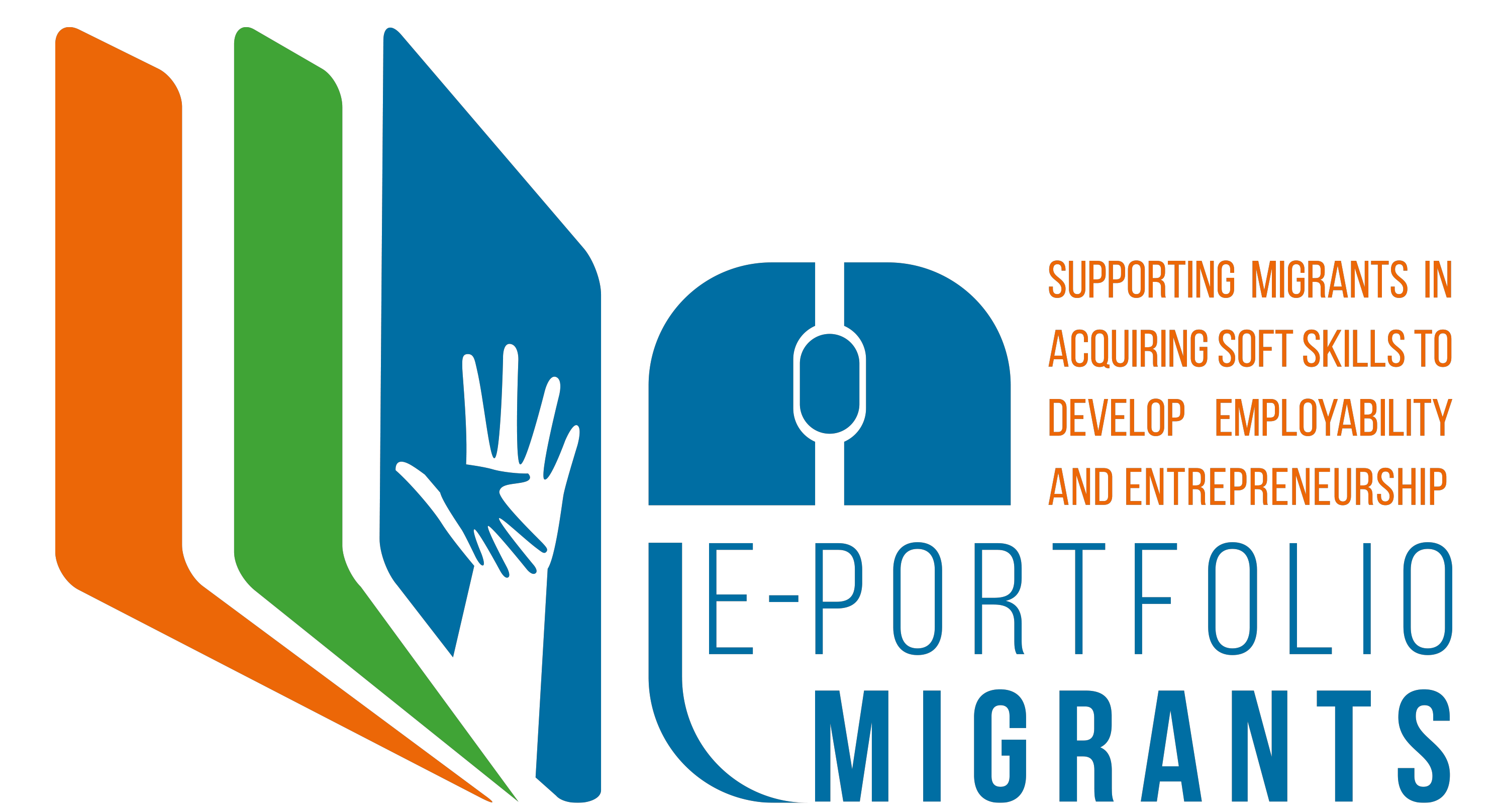Migrants, individuals who move from their homeland to a new country, often face numerous challenges when attempting to integrate into a foreign society. These include well-known challenges such as language barriers, cultural differences, and a lack of access to essential services. However, in today’s digital age, there are innovative technological solutions that can bridge these gaps and empower migrants to not only adapt but thrive in their new environment.
Digital tools serve as powerful bridges, connecting migrants to educational and social opportunities that might otherwise be out of reach. They facilitate communication, breaking down language barriers, and providing access to a wealth of information and resources. These tools play a pivotal role in the social inclusion of migrants, allowing them to engage meaningfully with their host country and the opportunities it has to offer.
The digitalization era opens up new avenues for addressing various societal challenges, such as the integration of migrants, including refugees, into receiving societies. It should be viewed as more than an opportunity, but as a requirement, to use digitalization as a lever to develop and implement innovative solutions for the needs of migrants and their integration into host communities. Almost every migrant or refugee is linked to the digital world via a simple smart mobile tool, which is mostly indispensable for them to stay in touch with their families, seek financial assistance, or obtain the information they need to build their new lives. There are various tools, methods, and instruments available to help migrants integrate and integrate into the host community, such as social orientation courses, language training, social participation initiatives, networking events, mentoring, coaching, and counseling, among others. Digital solutions can streamline the use of such tools, reducing the burden on these organizations. Resources are limited, and we require greater impact in light of today’s increasing challenges.
Digital literacy is a critical component of migrants’ effective integration. It includes the capacity to use digital tools successfully, from simple tasks like website navigation to more complicated abilities like online communication and information retrieval. It not only improves access to critical services but also enables migrants to actively engage in the social fabric of their host country.
Specific e-learning platforms, like the ePortfolio Migrants Project’s platform, are designed to enhance migrants’ soft skills. These platforms offer diverse courses and resources aimed at improving abilities such as adaptation, flexible thinking, and effective communication. These skills are not only crucial for labor force integration but also for migrants’ overall well-being.
Digital resources empower migrants by providing them with the skills and knowledge they need to successfully navigate their new surroundings. Migrants get crucial insights into the host country’s culture, legal systems, and social conventions through online courses and interactive content, allowing them to make informed decisions and integrate effectively in their brand-new society.
E-learning environments are also an excellent venue for cultural interaction among migrants. Individuals from all backgrounds may use these platforms to connect, exchange experiences, and establish networks. Cultural interchange helps migrants feel more at home, lowers feelings of loneliness, and enhances their life by introducing them to fresh viewpoints and ideas.
Another important benefit of e-learning is its ability to overcome geographic barriers. Migrants can access educational materials, connect with mentors and instructors, and interact with peers regardless of their physical location. This guarantees that worthwhile educational possibilities are available to migrants regardless of where they reside, allowing them to begin their integration even before they get settled in their destination country.
While digital tools have enormous potential for social participation, there are also obstacles. Some migrants may have restricted access to digital resources owing to budgetary restrictions or weak infrastructure. Addressing these issues necessitates novel approaches, such as offering access to digital resources at community centers or via mobile devices.
Moreover, digital solutions must incorporate data protection and privacy requirements (GDPR) from the start, which may be a very sensitive and demanding problem for organizations. Late considerations might greatly impede or postpone the implementation of these solutions. Digital applications, on the other hand, may need the collection and publication of public data. Regular data updates and application maintenance must be addressed from the start, which necessitates resource commitment. In order to comply with digital procedures and laws, organizations may need to invest in qualified staff.
In addition, migrants who do not have access to online connectivity, digital gadgets, or skills have been further isolated. At the same time, the emergence of numerous online media platforms, as well as their lack of moderating impact, have generated an echo chamber of focused online campaigns of disinformation, animosity, and outright hate speech towards disadvantaged groups. Policies and programs that fail to address ‘digital poverty’ and prejudice in online forums risk exacerbating social isolation and widening societal inequality.
Looking ahead, if the challenges are managed and overcome, migrants’ social inclusion will have a bright future. Digital technologies and e-learning are anticipated to play an increasingly significant role in facilitating migrants’ integration and well-being. As technology advances, so will migrants’ ability to interact, study, and prosper in their host nations.
Disclaimer: This project is funded with the support of the European Commission. The information and views set out in this document are those of the author(s) and do not necessarily reflect the official opinion of the European Commission. Neither the European Union institutions not any person acting on their behalf may be held responsible for the use, which may be made of the information contained therein.





